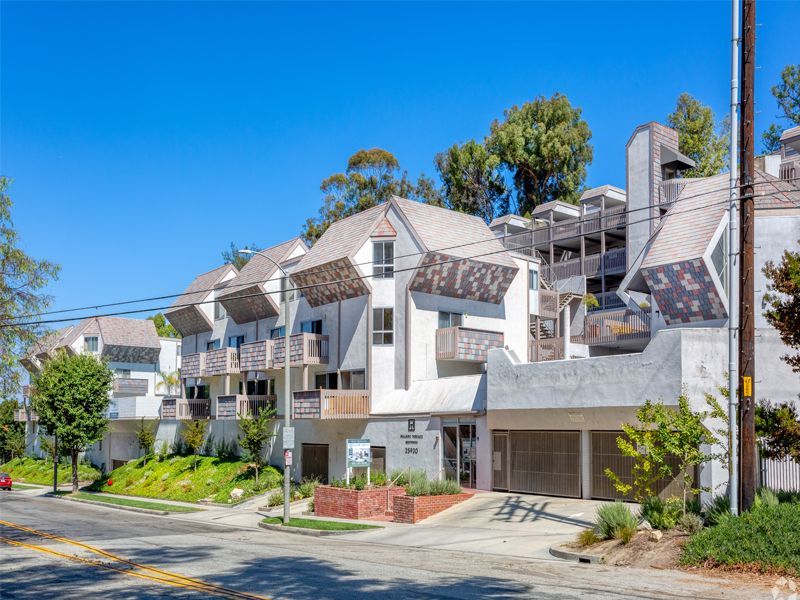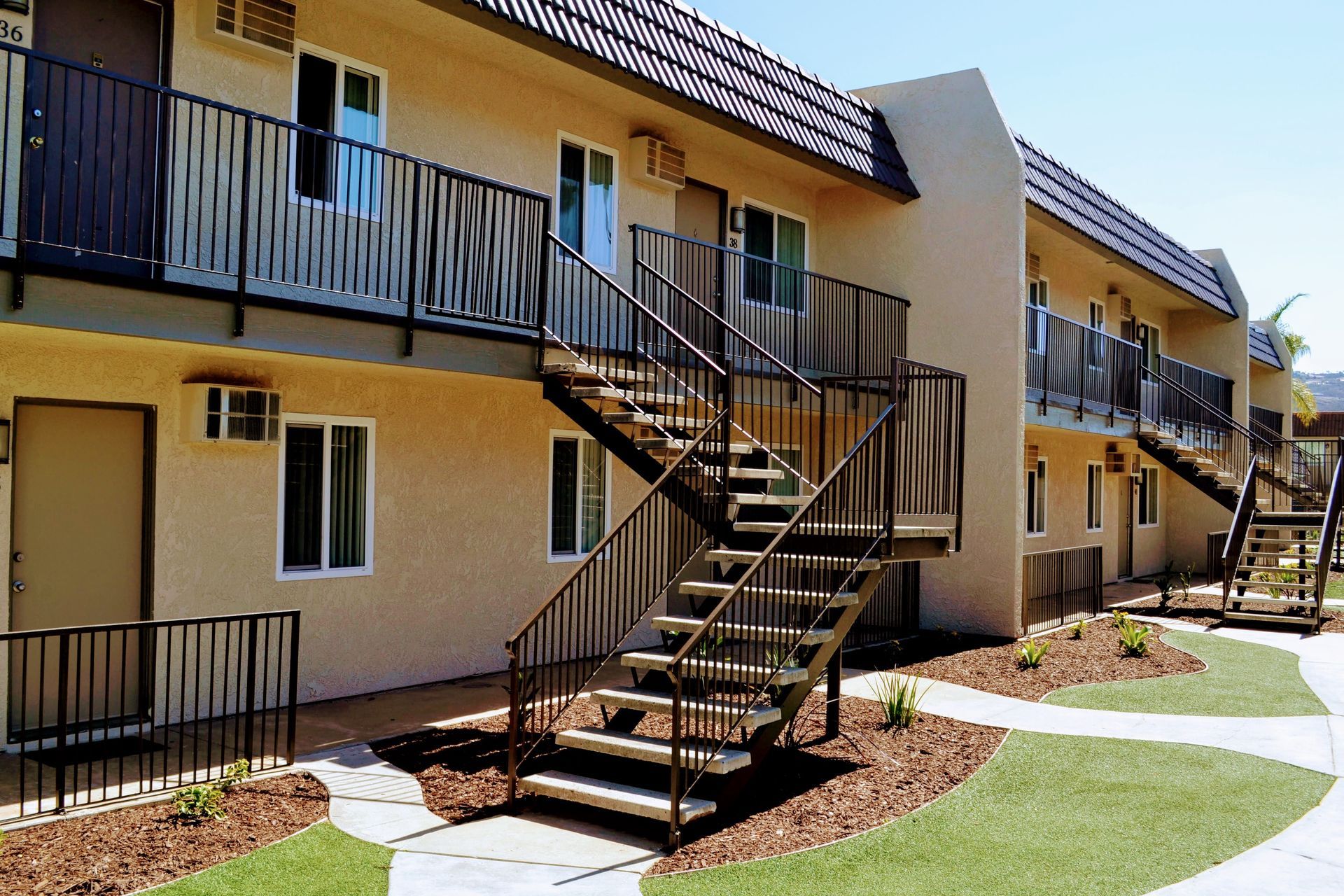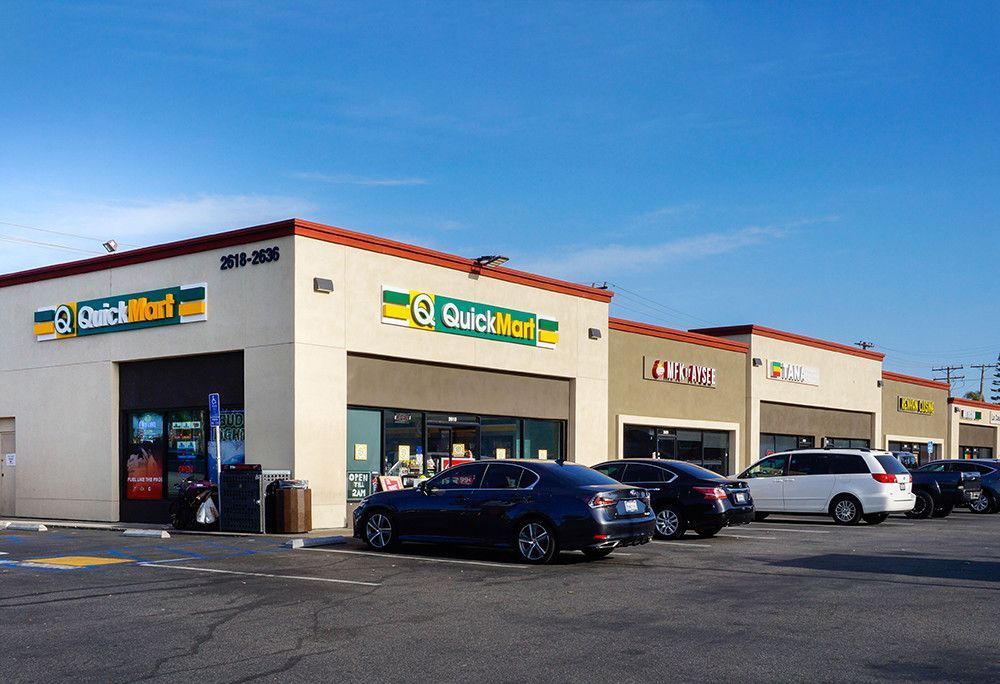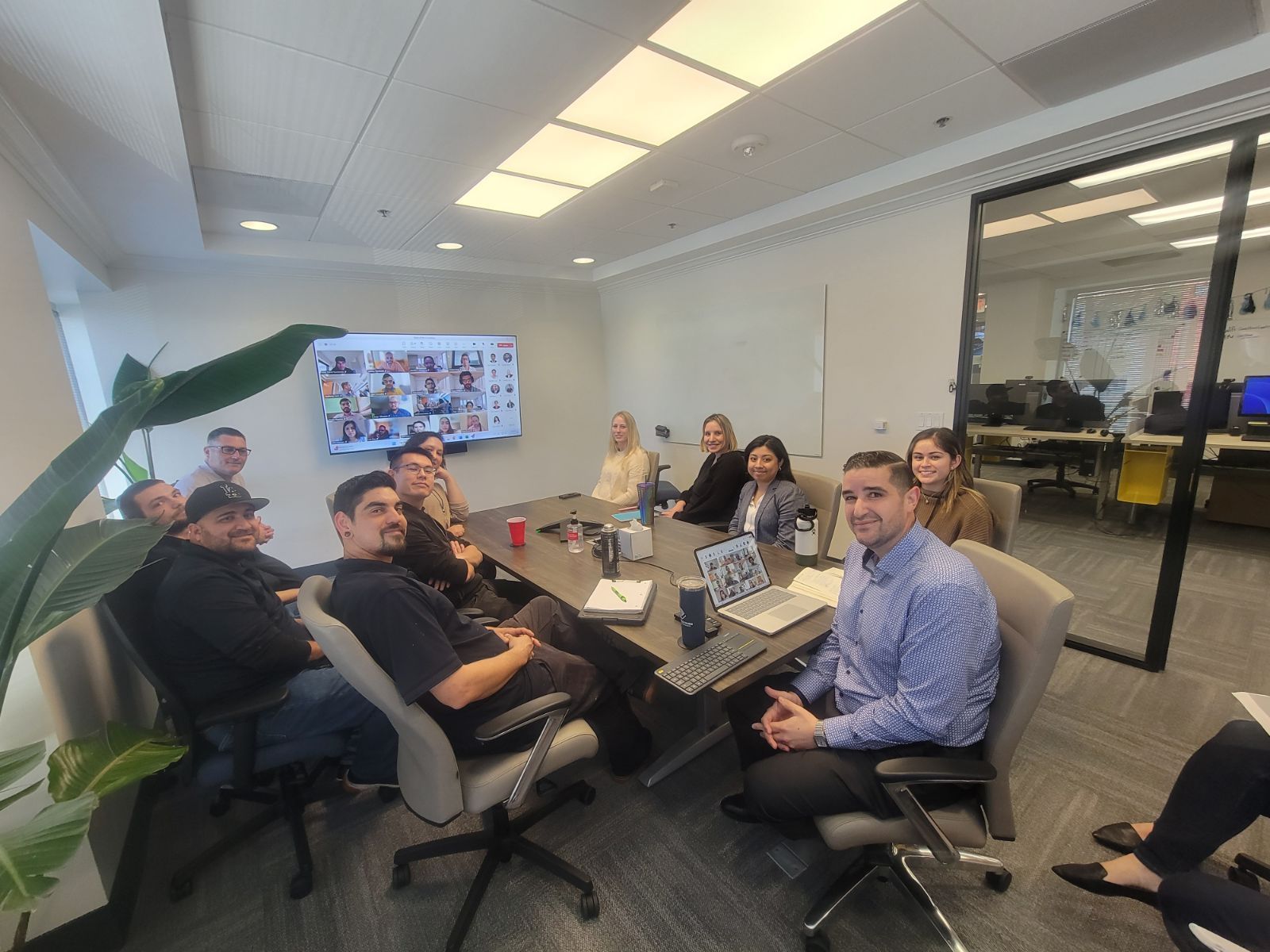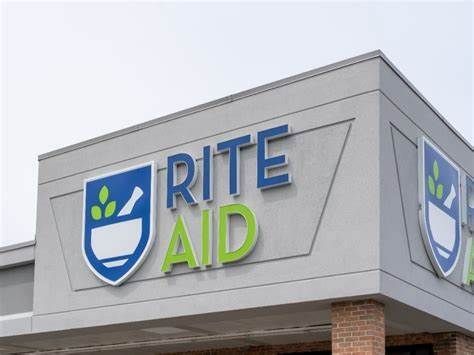How you should find a contractor for your repair/remodel project.
Whether you are an owner-operator or have a professional property management company taking care of your real estate investment, being familiar with the process of finding and selecting vendors to perform maintenance and repairs on your property is essential to maximizing your time and getting the best value for your money.
In this article, we are going to draw upon our decades-long experience as a professional property management company (that handles property types such as large apartment buildings, offices buildings, retail centers, and more) to provide some insight into how you should find a contractor for your repair/remodel project.
Where to Search
When a project needs to be done, the first question to consider is where to begin your search for a new vendor. There are multiple ways you can go about this:
- Ask Your Property Management Company
- If you have hired a professional management service, they will likely be utilizing their own network and experience to find multiple vendors to bid on the project. This can be extremely useful because a management company's day-to-day business involves working alongside vendors to maintain properties. They have likely vetted numerous vendors for each type of project; they have experience ensuring that each vendor is adequately insured and licensed, and they've likely experienced every example of reliable and unreliable vendors.
Because of this, they can alleviate much of the time and stress that comes with performing this process on your own. Plus, you will still be able to recommend particular vendors that you already know and like, suggest that your manager seeks additional bids, and give the final say on who is selected.
1. Reach Out to Your Network
On the other hand, if you are handling this process on your own, start by asking your personal network for recommendations, particularly if they have used a specific vendor on multiple occasions. If a vendor knows that the work they do may affect their pre-existing relationship with someone in your network (as well as whether or not you choose to hire them again in the future), they may be more inclined to produce quality and timely work for your project.
2. Look Around Town
Another great way to find quality vendors is by simply being observant when you are out and about in your town, particularly in the same vicinity as your property. Inevitably you will come across a work van and a team that is performing some kind of maintenance or repairs on a property. If it always seems to be well kept and bustling with business or residents, there's a good chance that the vendors that help to take care of the place are reliable. Make a note of the contact information on the side of the van or ask one of the workers how you can get in touch with someone to obtain a bid.
3. Search Online
Lastly, you can always do a search online and read the reviews. A good vendor will have plenty of reviews to go through, and the reviewers will likely mention important tips, such as if the vendor was timely, fair, reliable, or they provided great advice for the project.
Getting Bids
Once you have found a few vendors that come with good recommendations or reviews, the next step is to contact them, share the scope of work for your project, and meet them onsite. The more efficiently you handle this part of the process, the less time will be wasted and the happier you and all your vendors will be.
Designing Your Scope of Work
In order to know what they are bidding on, a vendor will need to have a clear idea of what work you need to have completed. Before meeting them onsite, we recommend sending them a detailed scope of work (at least, as much detail as you have at this point) so that they can arrive at better recommendations, more precise price estimates, and a clearer timeline.
This scope of work should include a narrative for what you would like to accomplish, details such as measurements of the space and work area, materials that you are interested in, critical timelines, and any images that help illustrate the project. Just anticipate that this scope of work will serve as a rough draft that will inevitably be revised after your meeting and conversation.
Meeting On Site
If possible, take a full day to meet all the possible vendors on site in order to see what needs to be done. Ideally, set aside about one hour (depending on the size of the project and property, of course) so that you have ample time to talk about the job and build rapport. Be sure to give yourself ample time in between each meeting so that the meetings do not overlap and you allow yourself to digest the conversation before moving on to the next.
In a recent exterior remodel we did on a small, 7-unit retail center, we gave ourselves plenty of time to walk the property with the general contractors we contacted. This allowed us to really discuss everything in detail, ask questions, and (as is inevitably the case with property management) handle the occasional interruption from nearby tenants.
Lastly, go through a printed version of your scope of work, ask as many questions as necessary to fully understand how the work will be completed, and request that any variations or unique details that the vendor mentions be submitted as "optional items" on the proposal that they will send you.
Comparing Bids
Each vendor will take a few days to a couple of weeks to get back to you with a submitted proposal/bid. Once you receive them, it's important to ensure that you are "comparing apples to apples," which means you will need to be on the lookout for ways in which each vendor's bid is slightly different than the rest.
For example, sometimes their measurements may be listed differently, which could affect the price of materials. In other instances, you may have received a recommendation for a specific design feature or a different way of constructing something from one particular vendor. If that recommendation came after you've already met with the other vendors bidding on your project, you would end up with one proposal containing work that the others do not. In this case, you will need to reach out to the other vendors to request a quote for the new work elements.
Only once you have prices from all of your vendors (and they all reflect the exact same scope of work) can you go about making an informed decision on who to go with.
Tips for Selecting Vendors
Lastly, let's go over some quick tips to consider when selecting a vendor for your real estate project:
- Consider the distance to your project – Sometimes it can be very beneficial to find a vendor whose home or office is close to your property. As with most projects, delays, changes, or unexpected issues will likely arise and it can be beneficial to have a vendor that can easily make a last-minute stop at your property on their way to or from their home/office.
- Comparable Examples of Work – oftentimes, you will find a vendor that has experience in a general area such as landscaping, plumbing, or exterior remodeling, but it can go a very long way to find someone who has experience with the specific look, design, and construction that you hope to implement.
- Insurance and Licenses – It is essential to verify that your vendor has insurance to cover any damages, injuries, or liability claims, if necessary. What's more, just because they present you with a standard certificate of insurance, does not mean that their specific policy is airtight enough to keep you from liability. Be sure that you are properly listed as an Additional Insured on their policy, that they provide you with a Waiver of Subrogation, and that their limits are high enough to protect you (typically $1 million per occurrence and $2 million total).
Choosing quality vendors will help you build a network of professionals that can make owning and managing your real estate investments so much easier! If you have any questions or comments about how we find and select vendors to work with, feel free to reach out to us through our website at www.CoastlineEquity.net.
Property Management Made Easy
Contact Us - Contact Page
We will get back to you as soon as possible
Please try again later
Los Angeles
1411 W. 190th St.,
Suite 225
Los Angeles, CA 90248
Temecula
41743 Enterprise Circle N.,
Suite 207
Temecula, CA 92590

P.O. BOX #1489
TORRANCE, CA 90505
